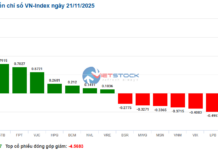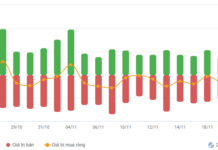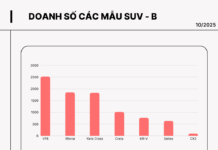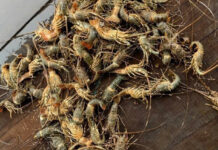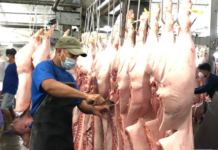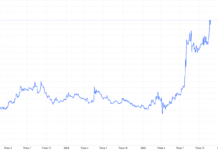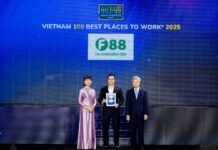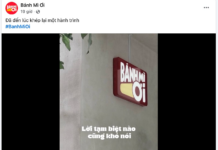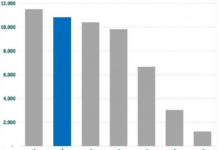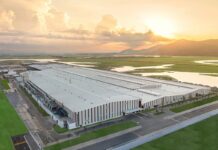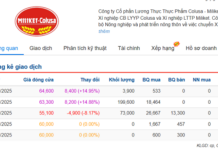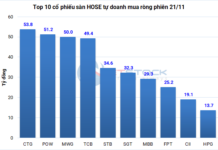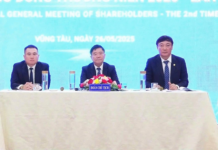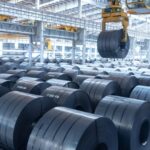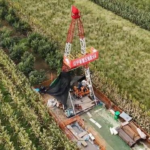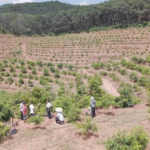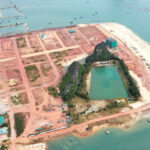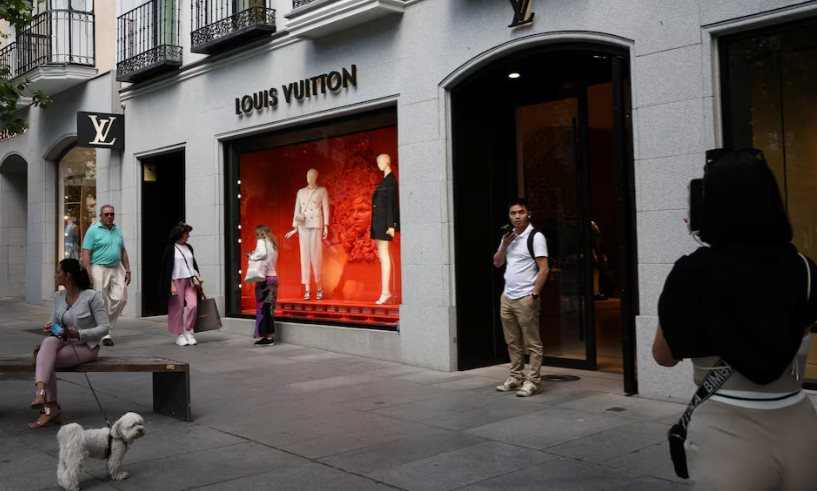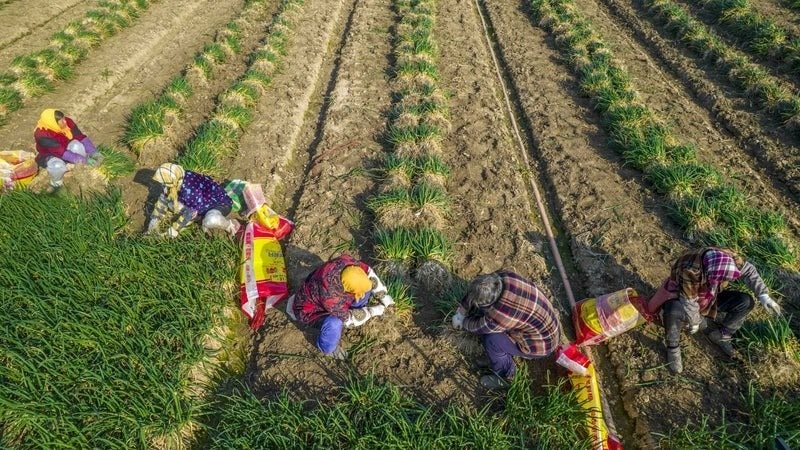
China Retaliates Against Electric Vehicle Tariffs by Targeting Western Farmers
China is countering import tariffs on electric vehicles (EVs) by imposing agricultural penalties on Western farmers.
Beijing has levied billions in agricultural sanctions against the U.S., EU, and Canada after these nations imposed tariffs on Chinese EVs to protect their auto industries. China vows to lift agricultural tariffs only if Western governments rescind EV taxes.
The trade war began in May 2024 when the U.S. raised tariffs on Chinese EVs from 25% to 100%. By July, the EU imposed tariffs ranging from 17% to 35%, and Canada followed suit the next month. While Western governments blame China’s EV dominance on state subsidies and cheap labor, experts argue China’s real edge lies in producing superior, affordable vehicles.
“China’s auto market clearly outpaces most Western nations in product innovation and technology,” said Babak Hafezi, founder of HafeziCapital, speaking to Rest of World.
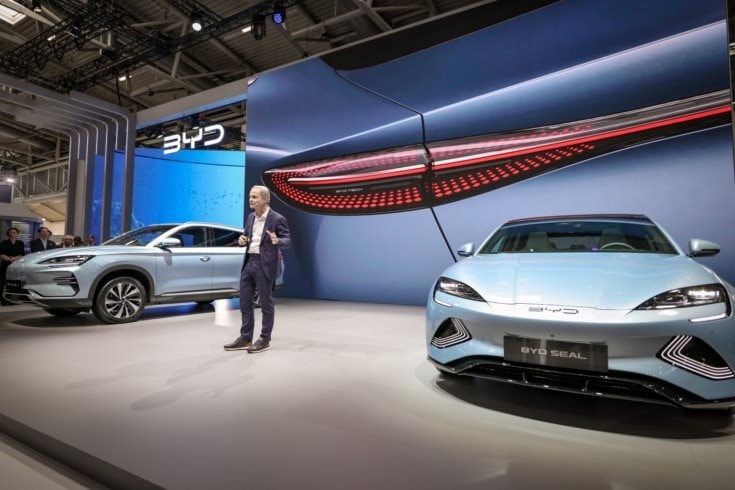
The West struggles to curb Chinese EV market penetration.
China retaliated swiftly. By mid-2024, it targeted agricultural products like EU pork and brandy, Canadian canola, and U.S. soybeans.
“Even minor adjustments in China’s import policies can ripple through agricultural regions with significant political influence,” said Mingzhi Jimmy Xu, associate professor at Peking University, speaking to Rest of World. “Thus, without explicit threats, China can create strong incentives for policymakers to reconsider tariff escalations and re-engage in dialogue.”
In Canada, where Chinese-made EVs account for just 2% of auto sales, China’s $4.9 billion export market effectively shut down for canola suppliers due to retaliatory tariffs.
This isn’t China’s first use of food as a weapon. In 2018, Beijing imposed a 178% tariff on U.S. sorghum after Washington taxed Chinese solar panels. In 2020, Australian wine and barley faced tariffs exceeding 200% and 80%, respectively, after Canberra called for a Covid-19 investigation. Perishables like agricultural goods are perfect targets as they can’t wait for disputes to resolve.
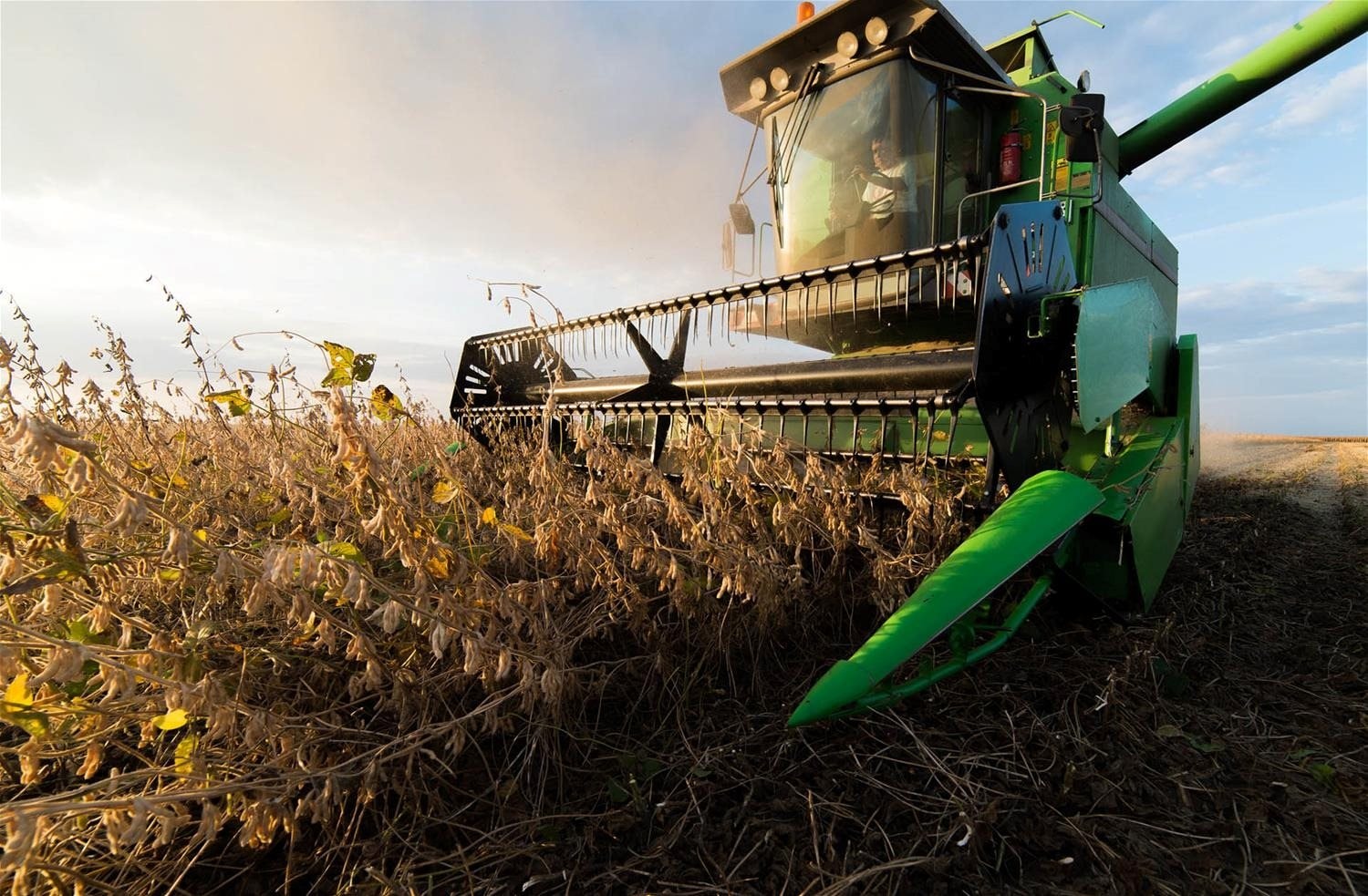
U.S. soybean farmers face mounting pressure to resume tariff negotiations.
“Agriculture is an easy target: It remains the backbone of many local economies and is heavily impacted by tariff disputes and diplomatic shifts,” said Maria Pechurina, international trade director at Peacock Tariff Consulting, speaking to Rest of World. “This has become a tried-and-tested move in China’s economic strategy.”
China has targeted each nation’s vulnerabilities. France, the strongest advocate for EV tariffs, saw its cognac exports taxed. China previously imported $1.7 billion in French cognac annually. Since tariffs began in October 2024, exports have dropped 35%.
China launched a probe into EU pork exports in June 2024. Spain, the largest pork producer, abstained from the EV tariff vote. China imposed up to 62% tariffs on European pork in September.
U.S. soybean farmers face the biggest threat. China bought 27 million tons worth $12.6 billion in 2024—more than double the next largest buyers, the EU and Mexico. By September 2024, new crop sales to China hit zero. The American Soybean Association has called for a trade deal, knowing no other buyer can replace China.
“This reflects a deliberate strategy to amplify bargaining power in ongoing trade talks by pressuring politically sensitive export sectors,” said Brett Massimino, associate professor at Virginia Commonwealth University. “Even when the connection isn’t explicitly stated, the timing and nature of tariffs clearly indicate this link.”
China’s countermeasures have been reversed in most countries after years of negotiation, and the same could happen with EVs, according to Xu. However, the damage to Western manufacturers may outlast any agreement.
“New contracts, logistics investments, and supply chain infrastructure tend to lock in these alternatives, making the economic impact outlast the EV tariffs that triggered them,” Xu said.
“The Commission has made it clear they won’t back down on EV tariffs,” said Juliana Bouchaud, senior analyst at Rhodium Group, speaking to Rest of World. In 2013, the EU conceded on solar panel tariffs when China threatened wine exports.
“Beijing knows exactly where to strike hardest—targeting products that harm exporters in the largest, most influential member states like France, Spain, and the Netherlands—to sow internal division,” Bouchaud said.
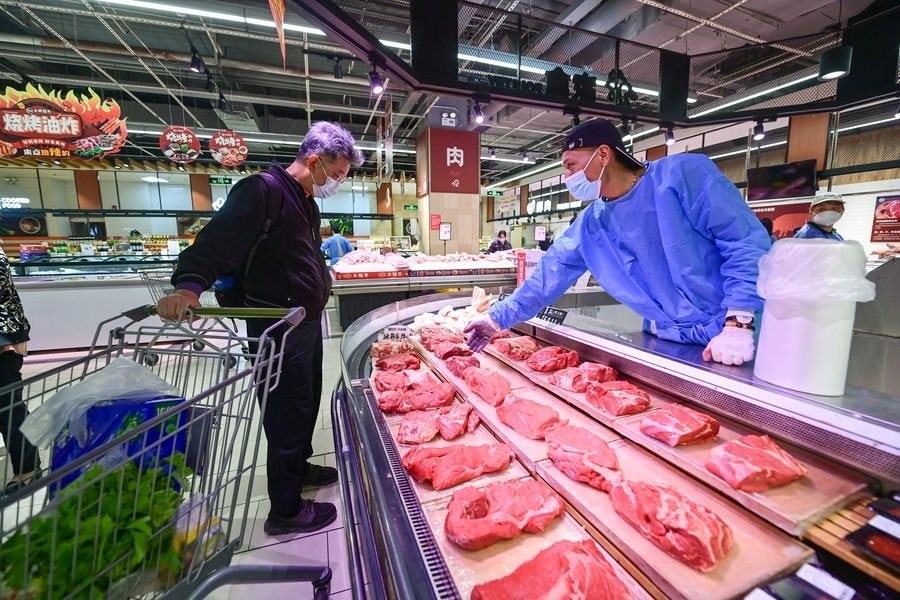
EU pork is another target in the U.S.-China tariff dispute.
Reversing Western measures seems unlikely despite farmer pleas, but nations have alternatives to protect their farms. Finding new buyers or government support could help farmers survive without conceding on EV tariffs.
“Diversifying buyers, subsidies, or multilateral agreements can mitigate shocks without escalating tensions, though negotiation remains the fastest path to stability,” said Alicia García Herrero, chief economist at Natixis and senior fellow at Bruegel.
Blocking Chinese EV imports may delay Western climate goals, Xu said. Chinese automakers are building more global factories, blurring the line between imports and domestic production.
“By then, tariff protectionism will be hard to justify legally or economically,” Xu said. “As global EV and battery supply chains integrate, prolonged protectionism will become increasingly costly and unsustainable.”
Source: Rest of World
Latest Developments in Anti-Circumvention Investigation of Wide-Flange HRC from China, Initiated by Hoa Phat and Formosa
In the event of such a scenario, Hoa Phat Group (HPG) and Formosa Ha Tinh Steel Corporation are poised to reap significant benefits as the sole domestic entities capable of independently producing Hot Rolled Coil (HRC) steel, amidst a severe supply shortage in the industry.
Global Energy Titan Launches Fleet to Secure Over 70 Million Tons of Russian Gas in 2024
Despite U.S. sanctions, Russian LNG continues to find a warm reception in the world’s most coveted market.

